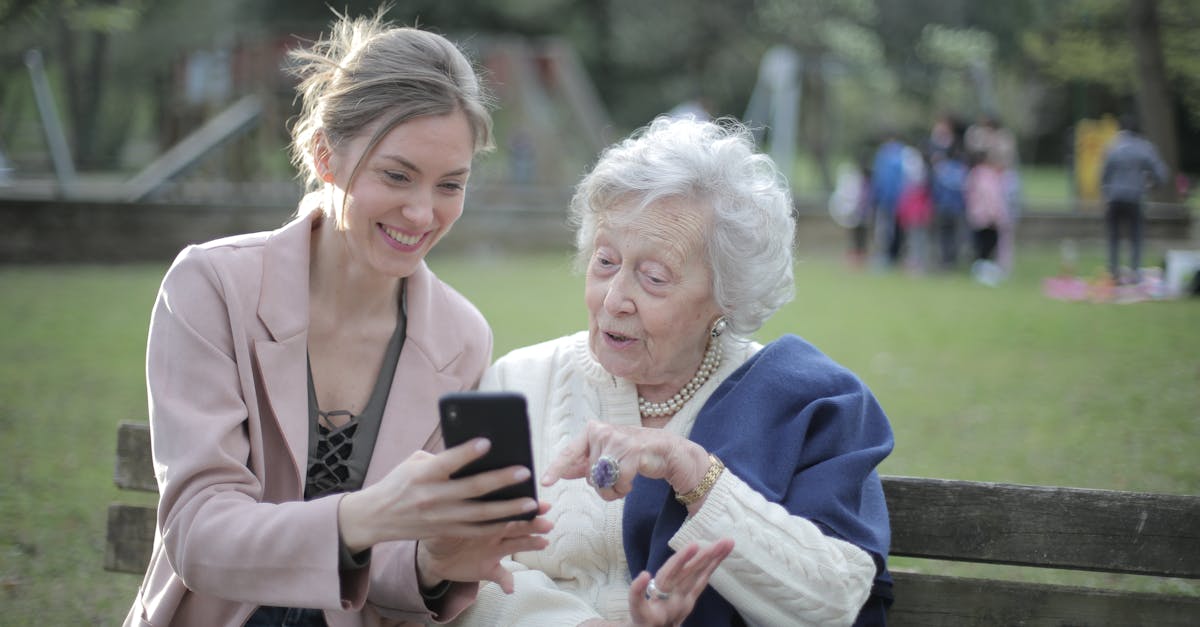Introduction
Maintaining a healthy and long-lasting relationship is something that many people strive for, yet it can be a challenging feat for some. Whether it's due to past experiences, personal issues, or simply not knowing how to navigate the ups and downs of a relationship, it's important to address the reasons why some people struggle to keep a relationship going.
Healthy relationships are essential for our overall well-being, as they provide us with love, support, and a sense of belonging. On the other hand, unsuccessful relationships can have negative effects on our mental and emotional health, leading to feelings of loneliness, anxiety, and depression.
In this blog post, we will explore some of the reasons why people may struggle to maintain long-term relationships and provide helpful tips and resources for improving relationship skills. By taking the time to reflect on our past relationships, practicing effective communication and conflict resolution, building trust and honesty, considering compatibility, and prioritizing self-care, we can work towards creating and maintaining healthy and fulfilling relationships.
So, if you've ever found yourself asking "why can't I keep a relationship?", know that you're not alone. With the right mindset and tools, you can overcome any obstacles and build the strong and lasting relationships that you deserve.
Table of Content
Self-Reflection
Self-reflection is an essential step towards improving one's relationships. It involves taking a step back and analyzing past relationships to identify patterns and recurring issues. This process can be uncomfortable and even painful, but it is necessary for personal growth and development.
To begin the process of self-reflection, it is important to create a safe and non-judgmental space for oneself. This can be done by finding a quiet place to reflect, journaling, or talking to a trusted friend or therapist. It is important to approach this process with an open mind and a willingness to learn and grow.
During self-reflection, it is helpful to ask oneself questions such as: What are my relationship patterns? What are my strengths and weaknesses in relationships? What are my deal-breakers and non-negotiables? What are my communication styles and how can I improve them?
It is also important to identify any past traumas or unresolved issues that may be affecting one's relationships. These issues can be addressed through therapy or other forms of professional help.
Self-reflection is an ongoing process and should be practiced regularly. It is important to be patient and kind to oneself during this process, as it can be difficult to confront past mistakes and shortcomings. However, by taking the time to reflect and learn from past experiences, one can improve their relationships and ultimately lead a happier and more fulfilling life.

Communication
Communication is the foundation of any successful relationship. It is the key to understanding each other's needs, desires, and concerns. Effective communication can help resolve conflicts and strengthen the bond between partners. On the other hand, poor communication can lead to misunderstandings, hurt feelings, and even the breakdown of the relationship.
To communicate effectively, it is important to practice active listening. This means giving your partner your full attention and trying to understand their perspective without interrupting or judging them. It also means expressing your own needs and feelings in a clear and respectful manner.
When conflicts arise, it is important to approach them with a calm and open mind. Avoid blaming or attacking your partner and instead focus on finding a solution that works for both of you. Use "I" statements to express how you feel and avoid making assumptions about your partner's intentions.
It is also important to recognize that communication is not just about words. Nonverbal cues such as body language and tone of voice can convey just as much meaning as words. Pay attention to your own nonverbal cues and try to interpret your partner's cues as well.
Finally, it is important to remember that communication is an ongoing process. It requires effort and practice to maintain open and honest communication in a relationship. But with patience and dedication, effective communication can help build a strong and healthy relationship.

Trust and Honesty
Trust and honesty are two of the most important aspects of any relationship. Without trust, a relationship cannot thrive, and without honesty, trust cannot be built. Trust is built over time through consistent actions and behaviors that demonstrate reliability and dependability. Honesty, on the other hand, is about being truthful and transparent with your partner, even when it's difficult.
Building trust and maintaining honesty in a relationship requires effort and commitment from both partners. It's important to communicate openly and honestly with your partner, even when it's uncomfortable or difficult. This means being truthful about your feelings, needs, and expectations, and being willing to listen to your partner's perspective as well.
One way to build trust is to follow through on your commitments and promises. If you say you're going to do something, make sure you do it. This demonstrates that you are reliable and dependable, which can help to build trust over time. It's also important to be consistent in your actions and behaviors, so that your partner knows what to expect from you.
Honesty is about being truthful and transparent with your partner, even when it's difficult. This means being willing to have difficult conversations and being open about your feelings and needs. It's important to avoid hiding things from your partner or keeping secrets, as this can erode trust over time.
Building trust and maintaining honesty in a relationship takes time and effort, but it's essential for a healthy and successful partnership. By communicating openly and honestly with your partner, following through on your commitments, and being transparent about your feelings and needs, you can build a strong foundation of trust and honesty that will help your relationship thrive.

Compatibility
Compatibility is a crucial factor in any relationship. It's important to find someone who shares similar values, interests, and goals. When you're compatible with your partner, it's easier to communicate effectively, resolve conflicts, and maintain a healthy relationship.
One way to identify compatibility is to pay attention to how you feel when you're with your partner. Do you feel happy, comfortable, and supported? Or do you feel anxious, stressed, and unsupported? If you're constantly feeling negative emotions around your partner, it may be a sign that you're not compatible.
It's also important to consider your long-term goals and aspirations. Do you want to have children? Travel the world? Pursue a certain career? It's important to find a partner who shares similar goals and is willing to support you in achieving them.
However, it's important to note that no relationship is perfect and there will always be differences and disagreements. The key is to find someone who is willing to work through these challenges with you and is committed to making the relationship work.
If you're currently in a relationship that doesn't feel compatible, it's important to have an open and honest conversation with your partner. It may be possible to work through your differences and find a way to make the relationship work. However, if you find that you're constantly struggling and unhappy, it may be time to consider ending the relationship and finding someone who is a better match for you.
Remember, finding a compatible partner takes time and effort. Don't settle for someone who doesn't make you happy or who doesn't share your values and goals. Keep an open mind and be patient, and you'll eventually find someone who is the perfect match for you.

Self-Care
Self-care is an essential aspect of maintaining a healthy relationship. It is important to prioritize your own physical and emotional well-being in order to be fully present and engaged in your relationship. When we neglect our own needs, we can become resentful, irritable, and emotionally drained, which can negatively impact our relationship.
Self-care can take many forms, and it is important to find what works best for you. Some examples of self-care include exercise, meditation, spending time with friends, pursuing hobbies, and getting enough sleep. It is important to make time for these activities and prioritize them in your schedule.
In addition to these activities, it is important to practice self-compassion and self-forgiveness. We all make mistakes and have moments of weakness, and it is important to be kind and forgiving to ourselves when we fall short. By practicing self-compassion, we can cultivate a sense of inner peace and acceptance, which can positively impact our relationships.
Self-care is not selfish, it is necessary. By taking care of ourselves, we are better able to show up for our partners and maintain a healthy, fulfilling relationship. So, take some time for yourself today and prioritize your own well-being. Your relationship will thank you for it.

Conclusion
In conclusion, maintaining a healthy and long-lasting relationship requires effort, commitment, and self-reflection. It's important to identify any patterns or recurring issues in past relationships and work on improving oneself before entering a new relationship. Effective communication, trust, honesty, compatibility, and self-care are all essential components of a successful relationship.
It's also important to remember that relationships are not always easy and may require compromise and sacrifice. Seeking help from a therapist or counselor can also be beneficial in improving communication and resolving conflicts.
Ultimately, the key to maintaining a healthy relationship is to prioritize the relationship and make it a priority in one's life. By putting in the effort and being open to growth and change, anyone can improve their chances of having a successful and fulfilling relationship.




